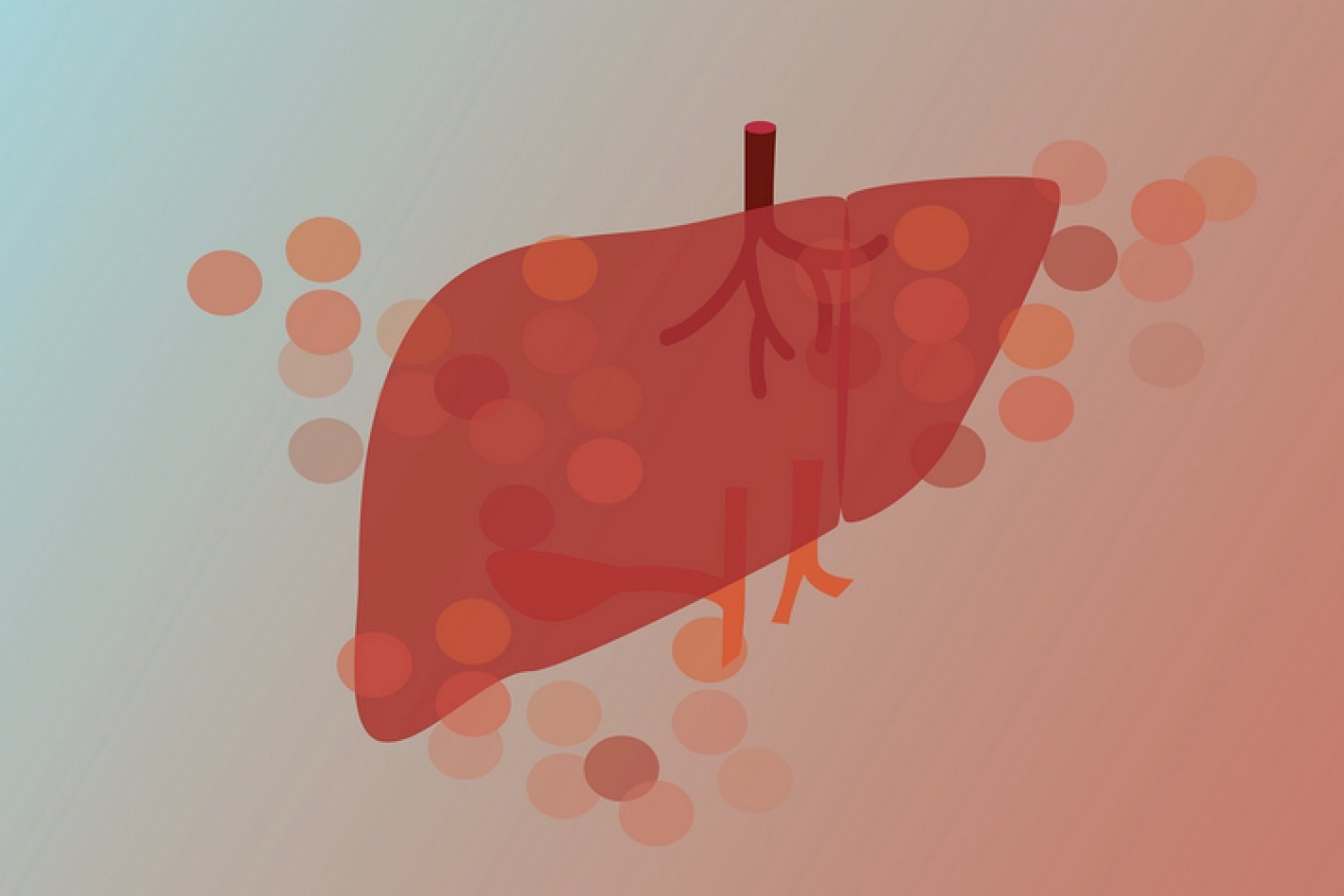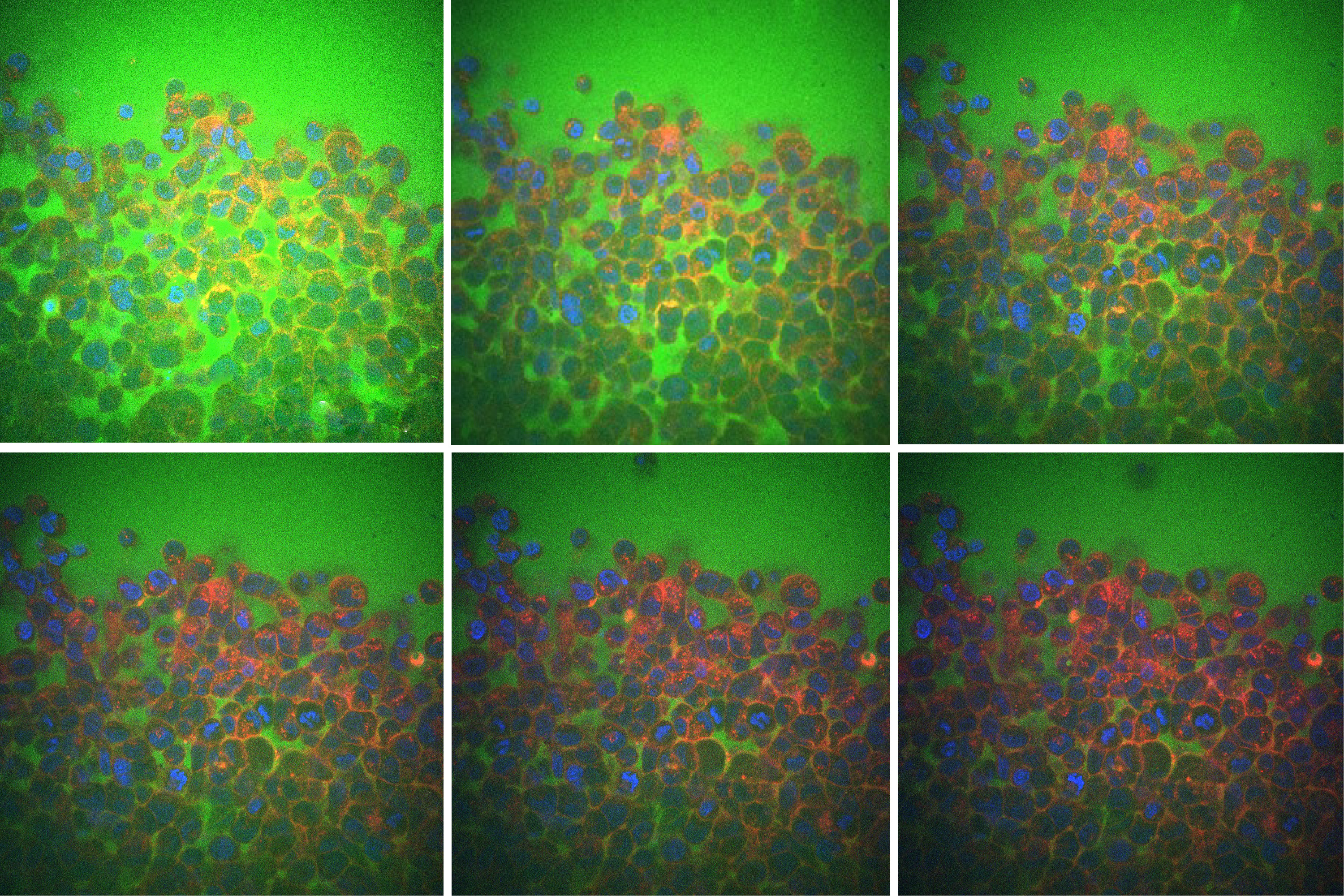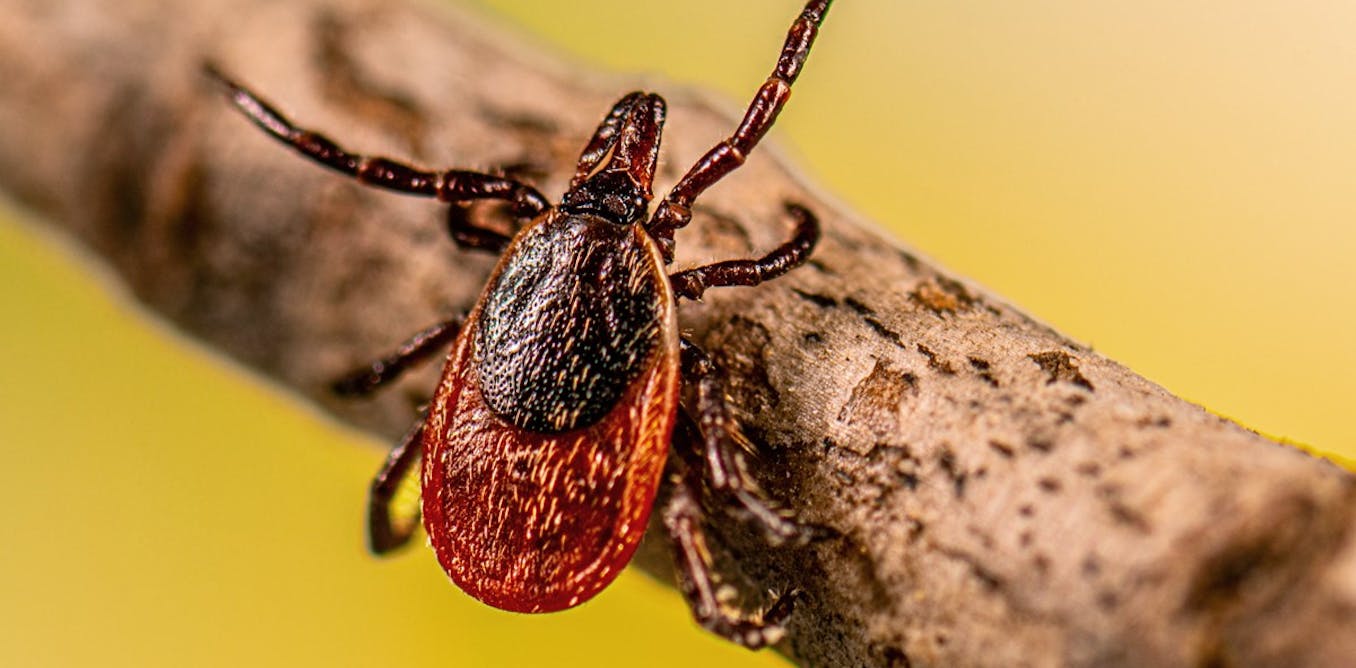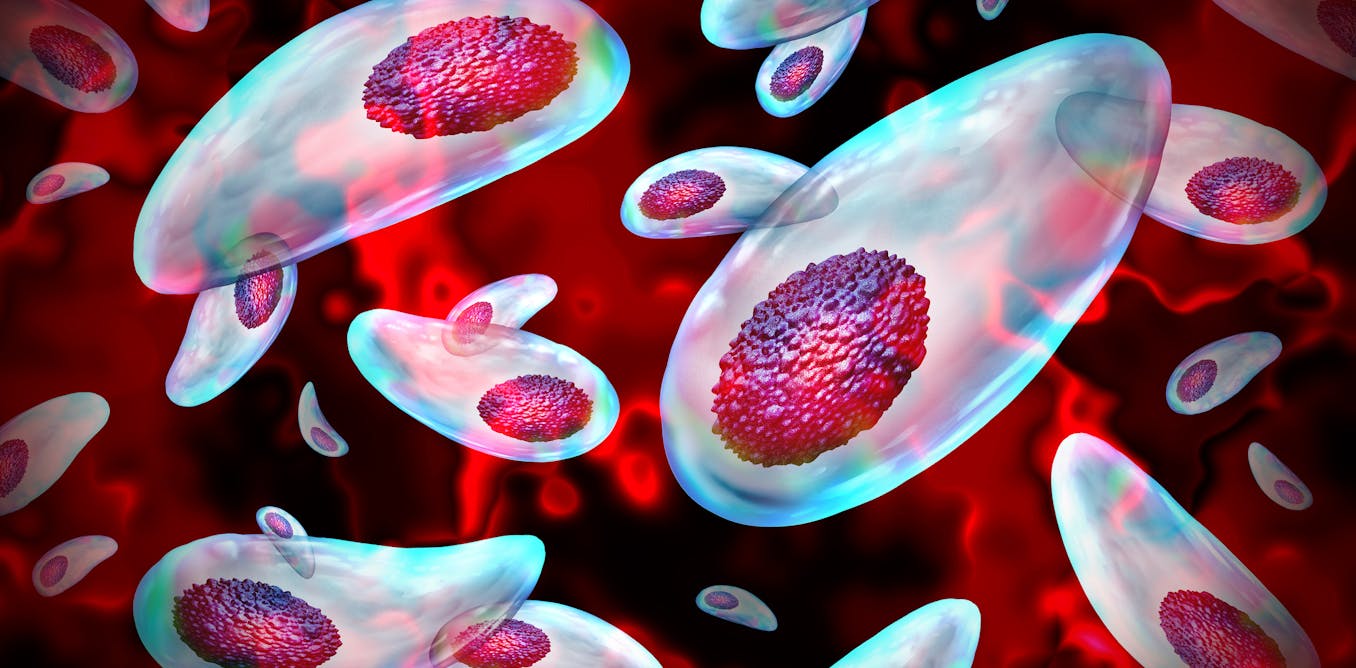A preservative removed from childhood vaccines 20 years ago is still causing controversy today − a drug safety expert explains
There’s no solid evidence that thimerosal harms children. It was removed from almost all vaccines more than 20 years ago out of an abundance of caution, but RFK Jr.’s hand-picked vaccine advisory committee is looking into it.
June 25, 2025 • ~8 min
Ticks carry decades of history in each troublesome bite
Changes to forests, and how close people and their livestock live to them, have changed tick habitats and the risks humans face of Lyme disease and other illnesses.
June 18, 2025 • ~9 min
Sleep loss rewires the brain for cravings and weight gain – a neurologist explains the science behind the cycle
Even one night of inadequate sleep can shift your hunger into overdrive, setting off a chain reaction in the brain. But one or two nights of solid sleep can help reset metabolism.
June 16, 2025 • ~7 min
Data on sexual orientation and gender is critical to public health – without it, health crises continue unnoticed
The Trump administration’s CDC data purge means researchers can no longer effectively track and address health issues affecting LGBTQ+ people – and ultimately society as a whole.
June 13, 2025 • ~6 min
RFK Jr’s shakeup of vaccine advisory committee raises worries about scientific integrity of health recommendations
The Advisory Committee on Immunization Practices guides the CDC’s hand on vaccine policy, but some of its new members have voiced anti-vaccine views.
June 12, 2025 • ~11 min
A common parasite can decapitate human sperm − with implications for male fertility
If you’ve handled cat litter or eaten raw meat or unwashed produce, there’s a chance you might have a permanent toxoplasmosis infection spread throughout your body.
May 28, 2025 • ~9 min
/
151










